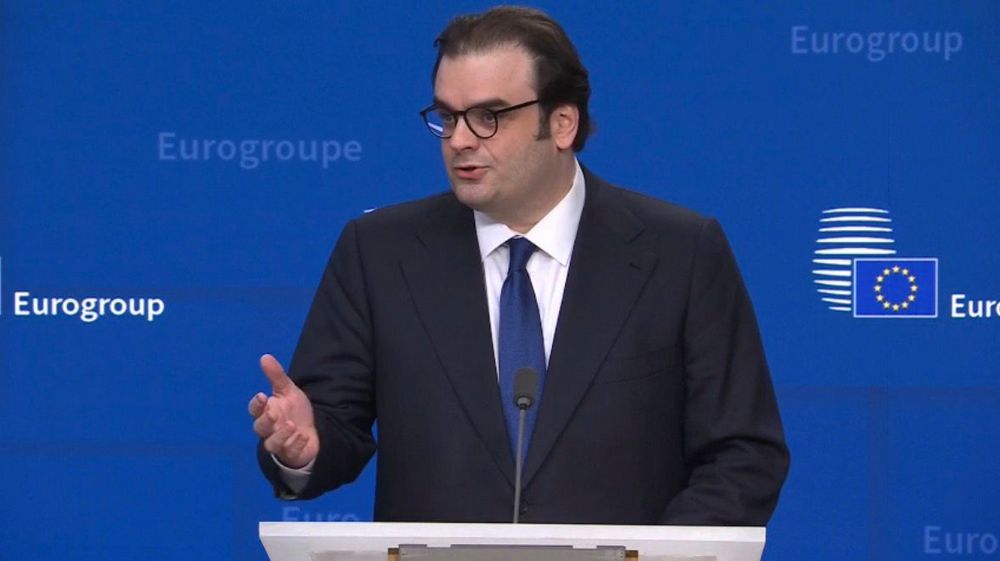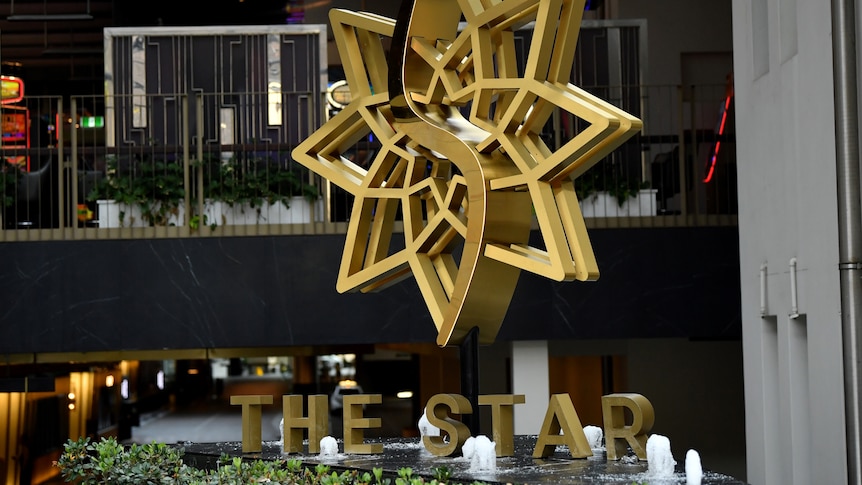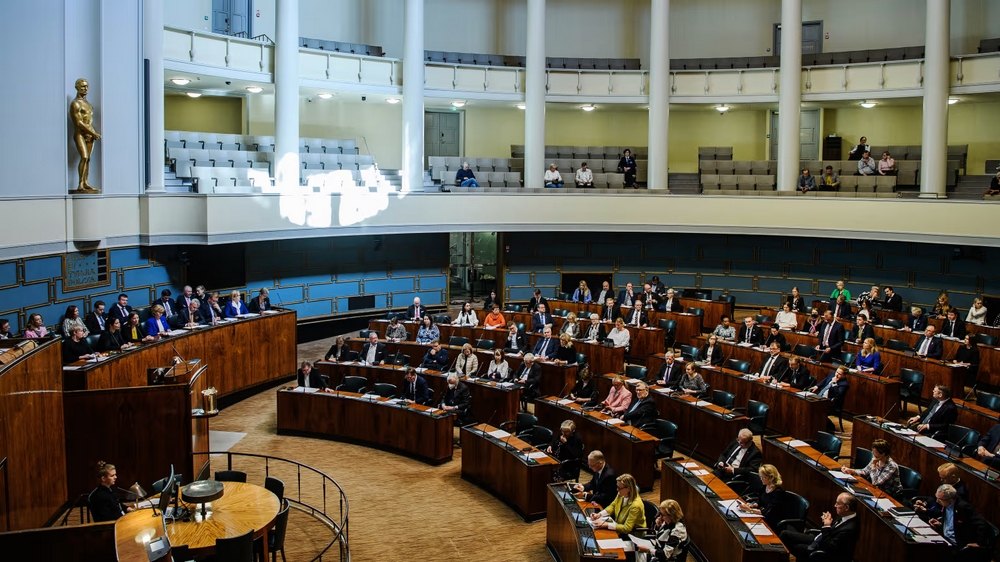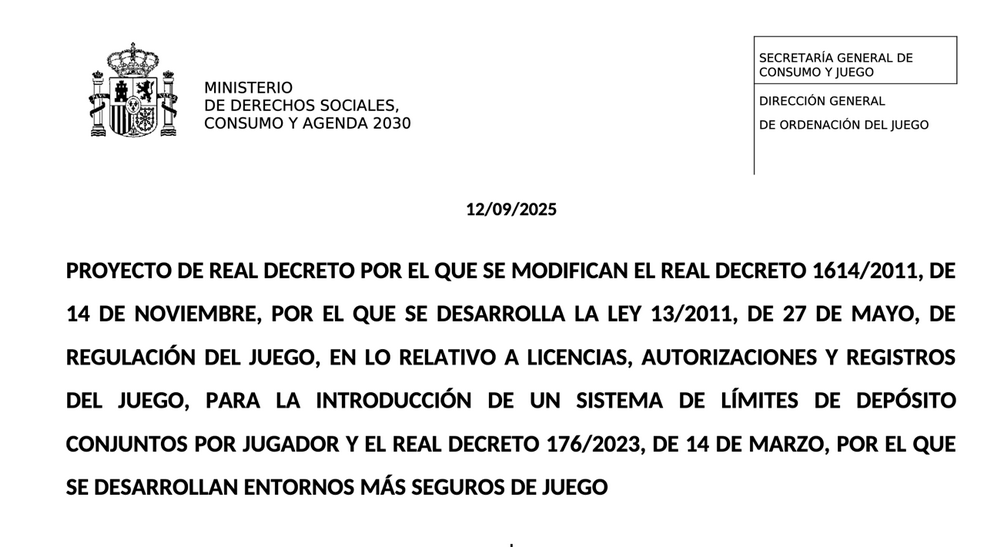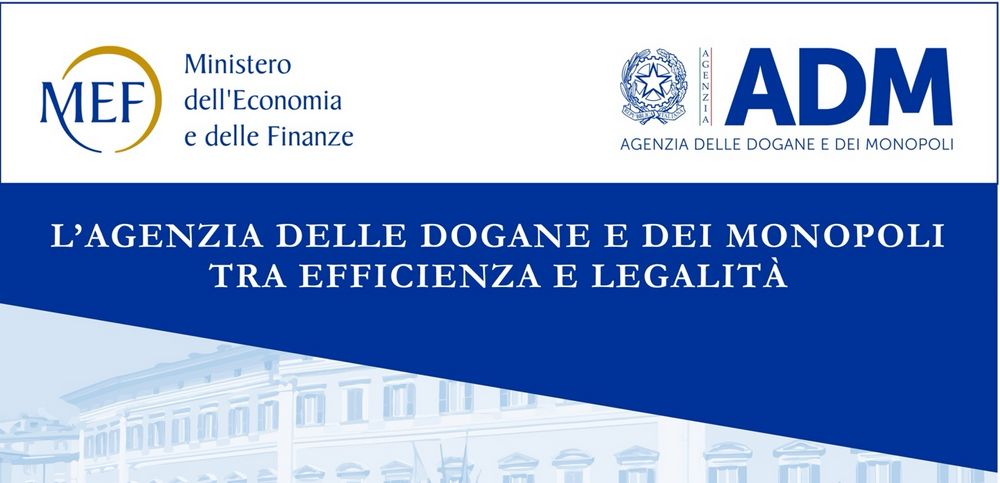Armenia has introduced a sweeping tax reform aimed at tightening control over its booming gambling industry and boosting public revenues. Effective July 1, 2025, all gambling activities—including sports betting, lotteries, and online casinos—will be subject to a 10% turnover tax, marking a significant shift from profit-based taxation to gross revenue-based levies.
In tandem with the turnover tax, licensing fees for online operators have doubled. From April 2025, online casino licenses now cost approximately AMD 350 million (about USD 890,000), while sports betting operators will pay AMD 100 million (around USD 253,000). These figures will increase sharply over the coming years, potentially reaching five times the current level by 2028 if regulatory agencies are not fully operational by then.

The Armenian government projects that these reforms could generate over AMD 13 billion (roughly USD 34 million) annually in new tax revenue. Officials have framed the move as both a fiscal necessity and a social safeguard, citing recent figures showing online gambling deposits in 2024 surpassed AMD 811 billion (approximately USD 2 billion).
Despite the government’s stance, the reforms have faced strong pushback from both domestic and international operators. Industry representatives argue that the steep rise in costs may force smaller operators out of the market and could drive gambling activity into unregulated or offshore platforms.
Economists caution that while the tax hike could improve state finances in the short term, it risks destabilizing a sector that has grown rapidly and supports thousands of jobs. Observers say Armenia now serves as a test case for how smaller markets balance regulation, tax collection, and industry sustainability in the face of gambling proliferation.











